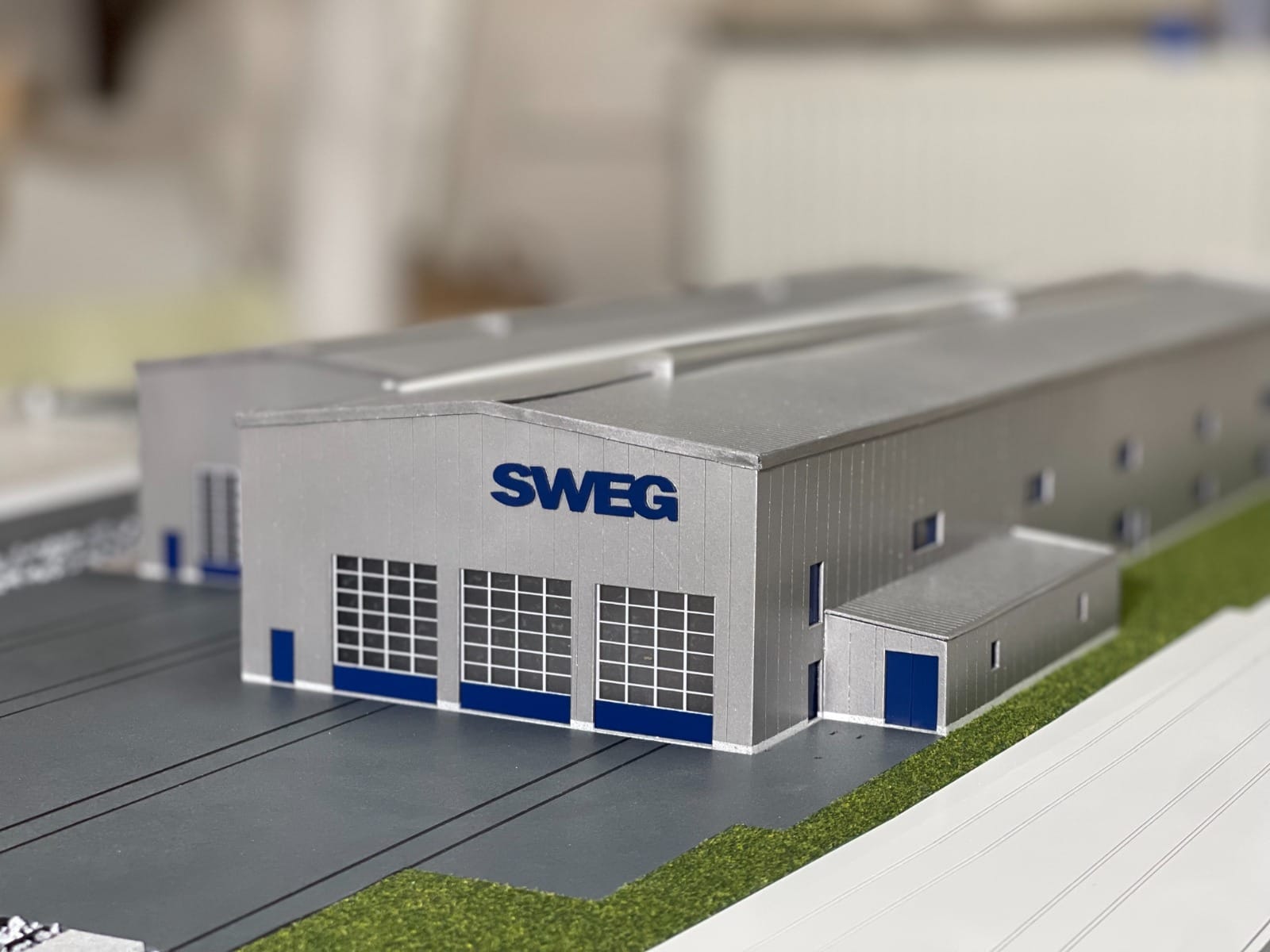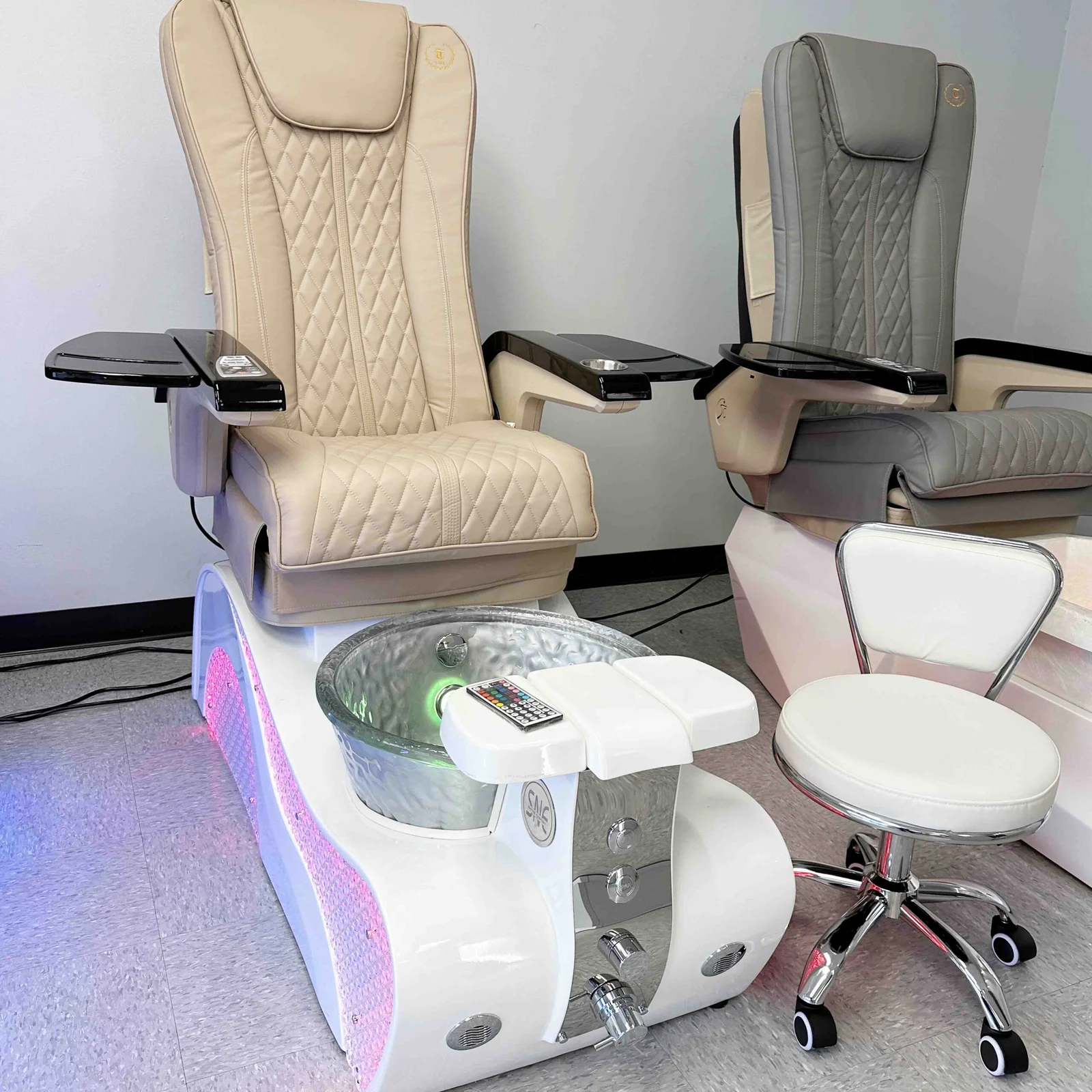The Vision Behind Real Estate Models in Dubai
Dubai, a city synonymous with luxury, innovation, and architectural marvels, is rapidly evolving in its real estate sector. The visionary approach towards real estate models in Dubai shapes not only the city’s skyline but also its economic future. The real estate model Dubai serves as a blueprint for urban development, attracting investors, expatriates, and tourists alike. This concept is influenced by a multitude of factors ranging from market trends and architectural design to cultural nuances and technological advancements.
Understanding Urban Development Trends
Analyzing urban development trends is crucial in shaping effective real estate models. In Dubai, the integration of high-rise towers, mixed-use developments, and sustainable communities stand at the forefront. Historical data shows that the demand for residential projects surged by over 30% in the past five years, indicative of a growing population and a booming economy. As international business hubs emerge, Dubai’s real estate offers a unique blend of international styles and local culture.
Role of Architectural Design in Real Estate
Architectural design plays a pivotal role in attracting both domestic and international investors. The city is a canvas for some of the most imaginative architectural feats – from the Burj Khalifa to the Palm Jumeirah. Each structure not only embodies luxury but also incorporates elements that cater to cultural preferences and environmental sustainability. Innovative designs foster a sense of place and community, enhancing the overall appeal of real estate developments, thus serving as an attractive model for urbanization.
Case Studies of Iconic Projects
Exploring case studies of iconic projects such as the Dubai Marina and Downtown Dubai reveals the strategic considerations that went into their development. For example, Dubai Marina epitomizes a blend of residential and commercial spaces, providing waterfront living along the city’s coastline. This project alone has attracted millions of visitors and residents, greatly contributing to Dubai’s economy. The success of these developments informs the future of real estate modeling in other parts of the globe.
Key Components of a Successful Real Estate Model Dubai
Market Analysis and Demand Forecasting
Understanding the dynamics of the real estate market hinges upon comprehensive market analysis and demand forecasting. In Dubai, the constant influx of expatriates and tourists necessitates accurate predictions about housing needs. Data-driven analytics employ metrics such as population growth rates, economic health, and employment trends to inform developers about where to focus their efforts and investments.
Investment Opportunities: Residential vs. Commercial
The dichotomy between residential and commercial real estate presents unique investment opportunities. Residential developments, such as villas and high-rise apartments, cater primarily to families and expatriates seeking long-term living solutions. Conversely, commercial properties such as offices and retail spaces target businesses looking to establish a foothold in this thriving market. Understanding these sectors is vital for investors aiming to capitalize on Dubai’s real estate sector.
Technological Innovations in Modeling
Technological innovation serves as a cornerstone in the development of real estate models in Dubai. The implementation of tools like Building Information Modeling (BIM) and virtual reality allows architects and developers to visualize and modify designs before construction begins. These technologies enable stakeholders to make informed decisions, reducing costs and time while ensuring the feasibility of projects. Furthermore, smart home technology integrations are becoming a key selling point in residential properties, making them more attractive to buyers.
Challenges in Real Estate Modeling in Dubai
Regulatory and Compliance Issues
Despite its booming real estate market, Dubai faces several challenges, particularly regarding regulations and compliance. The construction industry is subject to stringent guidelines governed by the Dubai Land Department. Navigating these regulations can be cumbersome for developers, often leading to delays or increased costs. Companies must invest in legal expertise and maintain thorough documentation to ensure compliance and avoid legal complications.
Environmental Concerns and Sustainability
As awareness of climate change rises, environmental concerns play a significant role in shaping real estate models. Developers are increasingly challenged to implement sustainable building practices that minimize their ecological footprint. Strategies such as green roofs, energy-efficient systems, and sustainable sourcing materials are becoming essential components of modern developments. The push for sustainability presents both a challenge and an opportunity for establishing Dubai as a model for eco-friendly urbanization.
Competition in a Growing Market
Competition in Dubai’s real estate sector is fierce. With numerous companies vying for market share, distinguishing oneself becomes a crucial element of success. An effective competitive strategy could include innovative marketing approaches, strategic partnerships, and a focus on delivering a unique customer experience. Understanding consumer preferences and staying agile to respond to market changes are essential to thriving in this dynamic environment.
Best Practices for Real Estate Model Development
Collaboration with Stakeholders
Successful real estate model development hinges on robust collaboration with stakeholders, including investors, local government, urban planners, and the community. Engaging these stakeholders early in the project helps to align interests and gather valuable insights, ultimately leading to more market-ready developments. Regular meetings and updates foster transparency and build trust, facilitating smoother project execution.
Leveraging Digital Tools for Accuracy
The rise of digital tools is transforming the way real estate models are developed. Utilizing software for data analysis and modeling can enhance accuracy and efficiency, ensuring projects align closely with market demands. Platforms facilitating virtual tours and online engagement not only attract potential buyers but also generate valuable feedback, informing future developments.
Monitoring Market Trends and Adjusting Models
Continuous monitoring of market trends is essential in the ever-evolving landscape of Dubai’s real estate. Developers should leverage analytics to measure performance metrics regularly—identifying areas of strength and those needing improvement. This proactive approach allows for the necessary adjustments to models, ensuring relevancy and competitiveness in the market.
The Future of Real Estate Model Dubai
Trends in Luxury Living and Consumer Preferences
As the global real estate market evolves, so do trends in luxury living and consumer preferences in Dubai. The demand for smart homes, wellness amenities, and community-centric design is on the rise. Buyers are not merely looking for a place to live; they seek a lifestyle enriched by a sense of community and the convenience of modern technology. Catering to these changing preferences is paramount for developers who want to remain competitive in this landscape.
Potential for Global Investment in Dubai Real Estate
Dubai continues to unveil potential for global investment, attracting attention from diverse international markets. Factors such as tax incentives, legislative frameworks promoting foreign ownership, and a stable political atmosphere position Dubai as a favorable investment destination. The government’s commitment to improving infrastructure further enhances its attractiveness, encouraging overseas investors to consider Dubai’s burgeoning market.
Vision for Sustainable Development and Smart Cities
The vision for Dubai includes an emphasis on sustainable development and intelligent urban planning, driving the city towards its goal of becoming a model smart city. Integrating technology into urban infrastructure—focusing on sustainability in transport, energy, and waste management—can significantly improve quality of life for residents. The future of real estate in Dubai promises to be interconnected with the broader vision of a smart, sustainable city that enhances living standards while maintaining environmental integrity.



